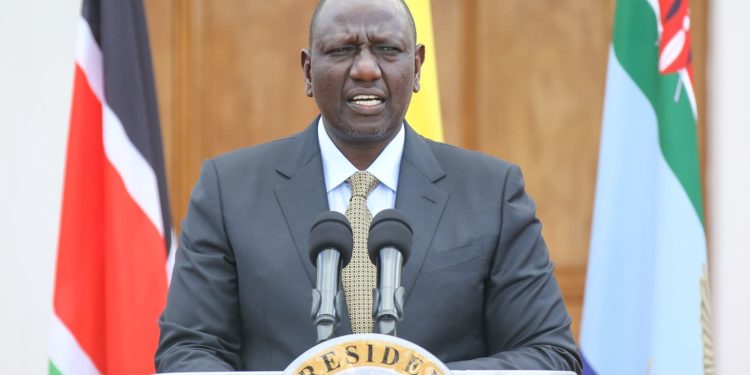On May 3, president William Ruto announced a new funding model for higher education. The model was developed by the Presidential Working Party on Education Reform that was appointed by President William Ruto in December 2022 to review Kenya’s education system.
In his address, Ruto said the government was not increasing tuition fees but incorporating funding for universities and TVETs through government scholarships, student loans and household contributions.
The plan categorises students as vulnerable, extremely needy, needy and less needy. The current automatic 80 percent of the unit cost that every government-sponsored student gets through the Higher Education Loans Board (Helb) has been removed.
The extremely needy students, said to comprise 29 percent of the 2023 cohort, are the only ones to be fully funded through government scholarships, loans and bursaries.
Read: Students decry high tuition fees after missing out on HELB
According to Helb CEO Charles Ringera, a Means Testing Instrument will be used to determine the students’ economic status. The information they give will be verified by chiefs and religious leaders while Helb will get information on household earnings from the Kenya Revenue Authority and the Registrar of Persons before categorising students.
As often happens, this is likely to create an avenue for corruption. Under HELB, all students qualify for loans but those who can raise the fees may opt not to take them. HELB has had its challenges, especially on loan recovery, but it is more practical.
Education is a major social equaliser. It is, therefore, unfair to discriminate against some students on the basis of their families’ purported wealth, which is not necessarily theirs. Gaining university admission is the best qualification for a study loan.
It is also emerging that students will pay more for courses. Government capitation and HELB loans cater for tuition and students’ upkeep, which includes accommodation and learning materials. The new scheme excludes upkeep.
Wealthy parents should be encouraged to pay their children’s university fees but should not be forced. A well-trained manpower is a resource that any country desires and must develop.
It is the duty and obligation of the government to educate its citizens, and it should never discriminate against any of them on the basis of wealth or any other factors.
Email your news TIPS to editor@thesharpdaily.com


















